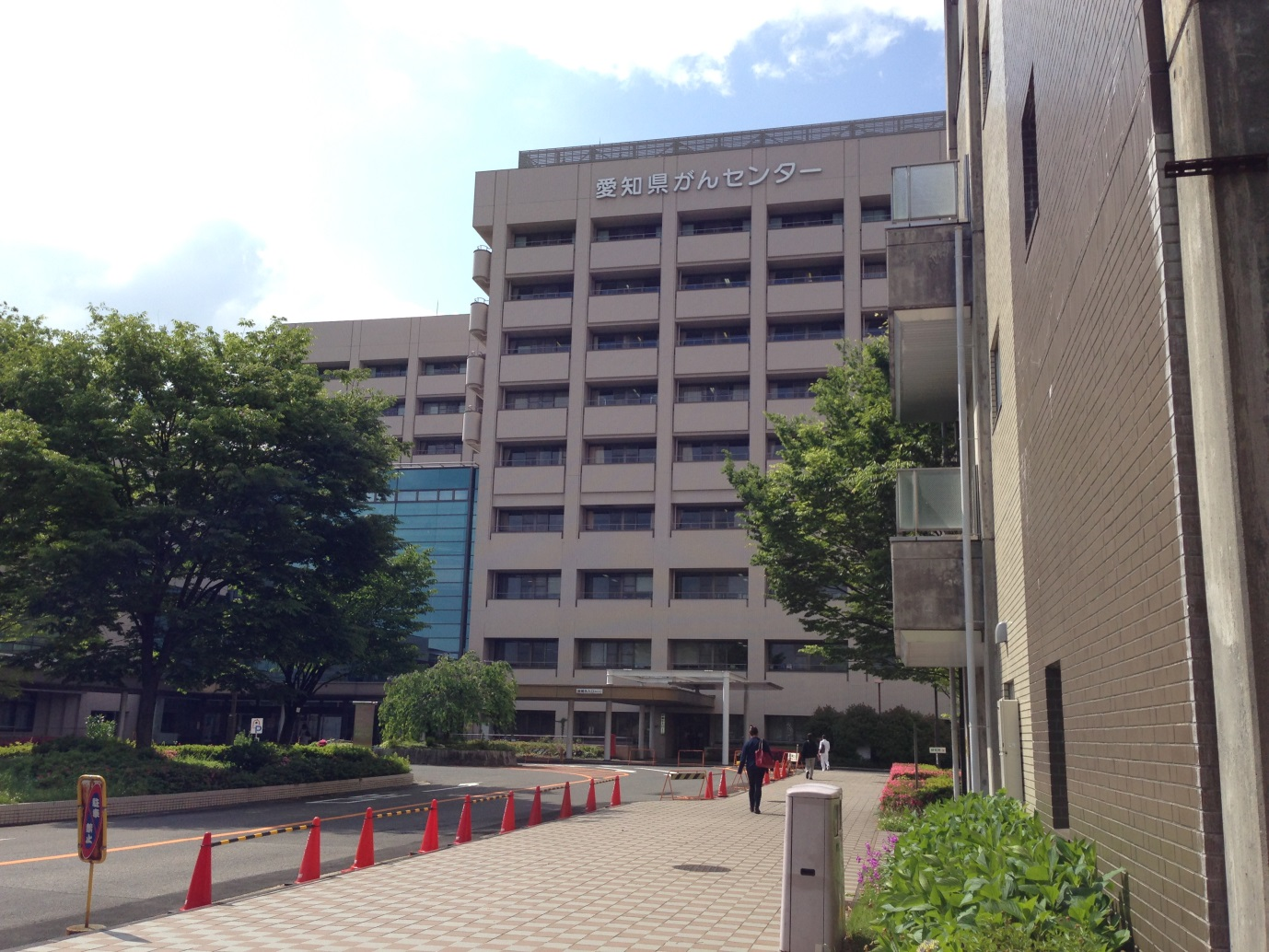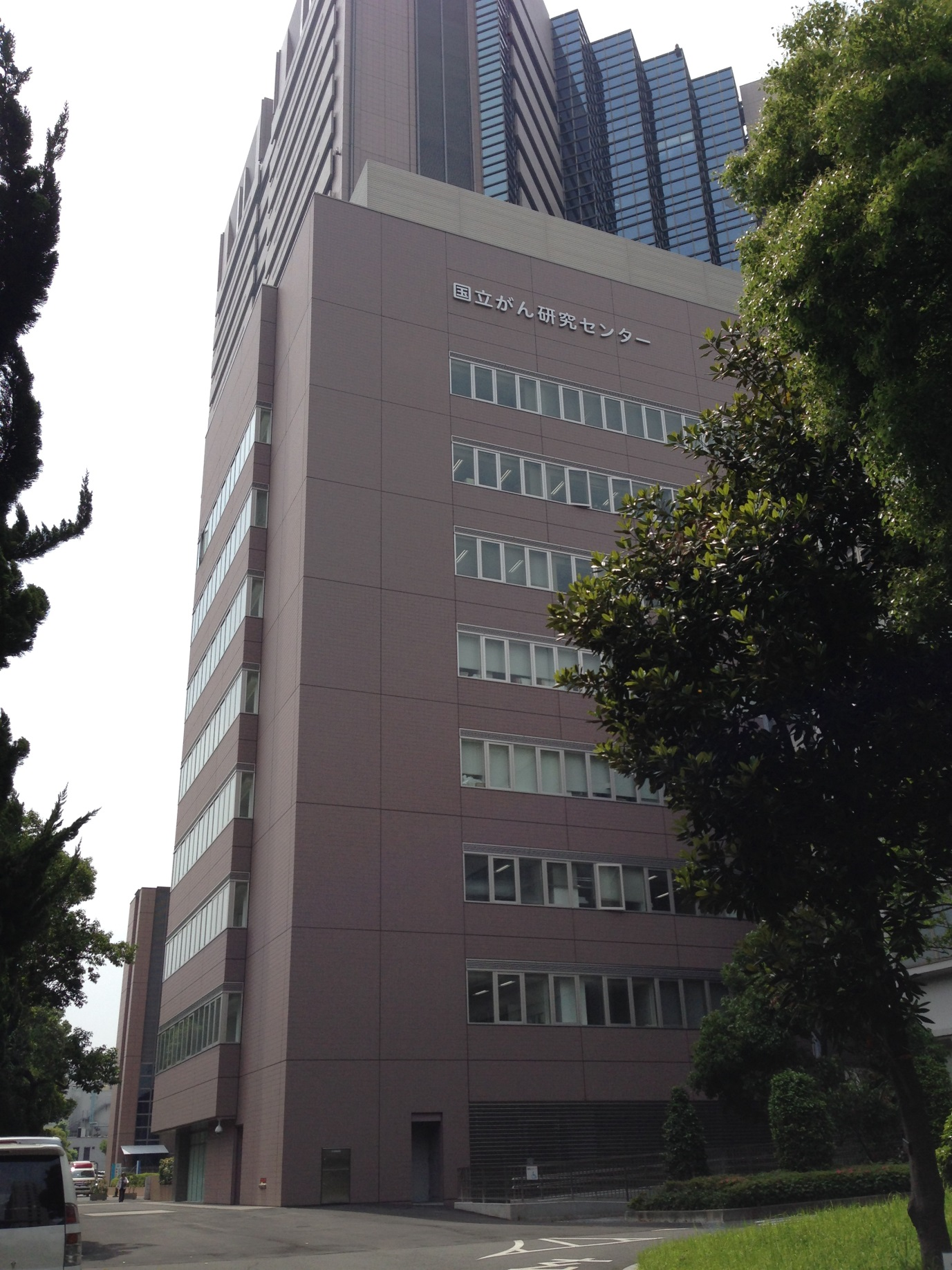Dr. Song from Korea stays in ACCRI and NCC, Japan
A3 Foresight Program: Education Program for Young Researchers
Report of collaborative research with ACCRI and NCC in Japan (May 19 to May 26, 2014)
Minkyo Song (Department of Preventive Medicine, Seoul National University College of Medicine, Korea)
Host researcher
Keitaro Matsuo, M.D. Ph. D. (Professor, Department of Preventive Medicine, Kyushu University Faculty of Medical Sciences, Japan)
Summary
I had one week of experience of visiting Japan at Aichi Cancer Center Research Institute, Nagoya and National Cancer Center, Tokyo as a part of the education program for junior researchers of A3 Foresight Program during May 19th - 26th in 2014. My purpose of visit was to discuss the procedures and use of external data sources to the validation of gastric cancer models built using Seoul Gastric Cancer Study in Korea. During my stay, I had discussed in depth of how to overcome the limitations of the present study and how to improve my future research. I deeply thank Prof. Keitaro Matsuo of Kyushu University and Dr. Taichi Shimazu of NCC and other members of their laboratories for giving me a chance to visit and learn a lot in their laboratories.
Contents
Background
Work of epigenetics in gastric carcinogenesis is the result of the complex interplay of a person’s life-time exposure to various environmental risk factors and protective factors that also interacts with the person’s genetic background. Thus, upon interpreting the results of the epigenetic changes during the carcinogenic process, it is important to consider into account the comprehensive effects of epidemiologic factors. However, despite the importance, only limited studies have adopted the strategy of mathematical modeling in the field of gastric cancer epidemiology. Thus, we have used a large-scale case-control study conducted in Korea to develop a mathematical model that explains the association of individual risk and the interaction in the development of gastric cancer. Furthermore, to see the possibility of external validation in the model, we discussed the specific logistics of the process.
Results
Development of the gastric cancer prediction model was performed using a logistic regression and a neural network analysis. Selected variables were limited to non-genetic factors including past medical history, life style habits and dietary habits. The best fit model included contained 10-15 variables (variations depending on sex and model type). However considering the feasibility in application, a reduced model was built that contained 5-10 variables. Japanese collaborators in Aichi Cancer Center Research Institute were also using a case-control study to build a model using logistic regression analysis which was limited to smaller variables. The collaborators in National Cancer Center have used a cohort data analyzed by Cox Regression Model. Thus the discussion of external validity was focused on the availability of the variables, the actual analysis of the models using different statistical programs and the feasibility in realization of modeling overcoming the discrepancy of design issues amongst studies. Furthermore, a detailed presentation by National Cancer Center of JPHC Study (Japanese Public Health Center-based Prospective Study), and in repeated discussions on the HERPACC (Hospital-based Epidemiologic Research Program at Aichi Cancer Center Research Institute) study with Dr. Oze had helped me understand the studies better. As a result, we came to understand the pros and cons using each data and each model, and made out a more detailed plan for external validation.
Acknowledgments
I deeply appreciate Prof. Matsuo for giving me the opportunity to stay in Nagoya as part of the A3 Foresight Program. Further, I would like to thank Dr. Oze for taking care of the matters during my stay. Also, I am also grateful to Dr. Shimazu at National Cancer Center Research Institute in supporting me to proceed with the visiting plan. Finally, I’d like to thank everyone in both Aichi Cancer Center and National Cancer Center for the warm hospitality and their keen minds that had help me improve my perspectives on viewing my research.

Aichi Cancer Center Research Institute, Nagoya (May 19th~26th, 2014)

National Cancer Center, Tokyo (May 20th, 2014)



